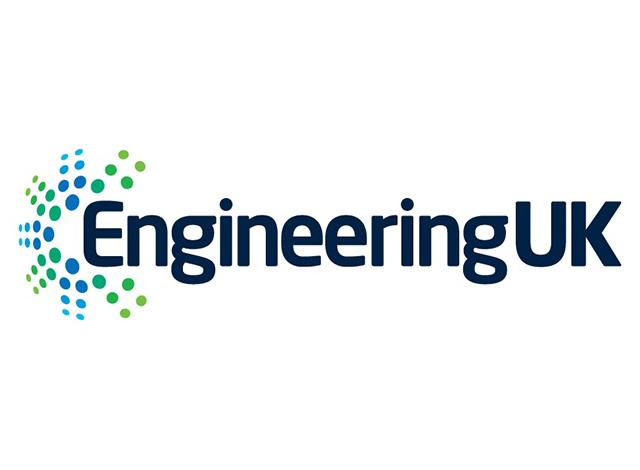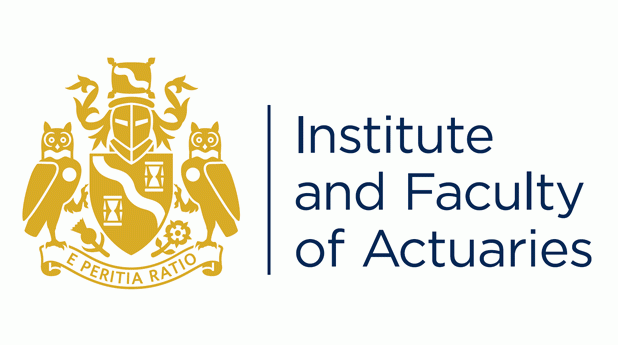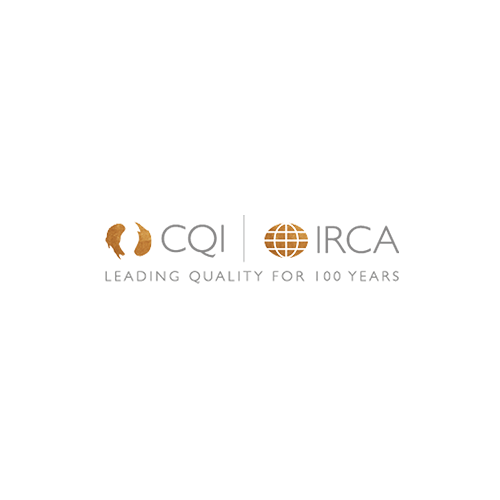Leading charities choose Mast
Mast helps reduce systems inefficiency for charities and membership organisations making your systems work for you, not against you.
-
We listen to your staff
We talk to your teams about their experience of using your systems.
-
We build a full picture of problems and pain points
We pinpoint the obstructions that get in the way of achieving your goals.
-
We evaluate your technology and processes
We get inside the detail of your current system and how your organisation uses it.
-
We deliver solutions which work
We get inside the detail of your current system and how your organisation uses it.
What does a fundraising database review deliver?
A professional database review by MAST ICT’s expert consultants can bring a significant increase to the funds you raise, as well as improving the operational efficiency of your fundraising organisation.
-
Team motivation
By involving your staff, they will be more open to change.
-
Realistic costs
We understand charities, and specify achievable, cost-effective solutions.
-
We are on hand to provide support
We work closely with in-house IT teams and solve problems when difficulties arise.
-
We deliver step changes in fundraising efficiency and ROI
Our approach has a track record of helping charities raise more funds more efficiently.

What is a fundraising database review?
Many of the organisations we work with have existing CRM systems ranging from basic to state-of-the-art technologies. We are frequently consulted on the feasibility of upgrading current systems as well as providing expert advice on installing new systems.
We engage with your staff
We talk to key staff to identify the issues which hold them back from doing their jobs. We involve individuals and teams throughout your organisation, from employees involved in day-to-day tasks such as data entry through to senior leaders who require access to accurate reports. Our experience shows that by giving staff a real voice in the database review process, we help to overcome resistance to change.
We pinpoint problems
We delve into where, how and why issues arise. Charity leaders may know things are not generally perfect, but our consultants use their extensive experience of technology and organisational processes to accurately identify what is holding your organisation back. Our approach is tailored to your organisation and could include upgrading systems, better training, streamlining processes and stopping duplication of tasks such as data entry.
We evaluate your existing technology and processes
We have deep knowledge of the real world challenges of working in the charity and fundraising sector. Our far-reaching know-how in fundraising database software and systems enables us to understand the best options for improving your technology. We are also independent and will only recommend solutions that will best enable you to achieve your goals. We understand how charities and fundraisers work, and we take a business analysis approach to the processes in place within your organisation. By reviewing your existing processes in depth, we are able to evaluate the improvements which can be delivered by improving them.
We make technology work better for you
Our technology solutions range from relatively minor enhancements to your current system through to comprehensive upgrades. We will also recommend complete new systems if your legacy hardware and software is too limited and too far out of date for meaningful improvement. Our team of expert consultants will put new technology into operation and involve your IT team as much as you require. We also fix technology projects which have started but which have run into problems. Charities and fundraisers frequently need to make intense demands on internal staff for systems-based projects and the support we provide frequently helps to produce successful outcomes
We help you to improve your processes
Our experience shows that changing processes can have a very significant impact on organisational performance. We recommend process change openly and honestly, with a strong focus on the benefits for staff as well as for the organisation. We find that this approach helps to overcome resistance to change, and to encourage sharing of information and work practices. An important part of process change is relevant training which increases the skills of your staff and enables them to become more valuable members of your organisation.
Organisations need to know exactly who has access to your database, both within your organisation and externally. They will want to see the trackability of log-ins down to individual users and specific sessions. The organisation should be clear about what use is being made of the data. A comprehensive audit will cover the who, what, when and why of data usage, allowing an organisation to demonstrate the robustness of its approach. In many cases this will include the configuration of different levels of access to different users based on their responsibilities and data training. The important principle is that a thorough approach to access is essential for good database management.
An audit trail is likely to span multiple users and sessions, possibly across multiple platforms sitting on both on-site servers and cloud-based technology. To report on such a complex spread of activity, audit software comes to the fore. There are multiple options available, either as a stand-alone software product or as an integral part of a CRM/database platform.
Data security is necessarily the most important function within data management. Without effective data security an organisation simply cannot function properly. If data is at risk so is the organisation handling it, with the risk of financial loss, personal data infringements, a damaged reputation and legal consequences. Your database configuration should allow for the set up of an audit trail which: Monitors which user has made any change to any part of the database, and when the modification was made. Records logins, both successful and failed. Tracks the changes made to any field on the database. A secure approach to access is mandatory, with usernames, passwords, password updates and two-stage logins to be considered. Critically, audits must be run frequently to identify any unusual usages and modifications.
















